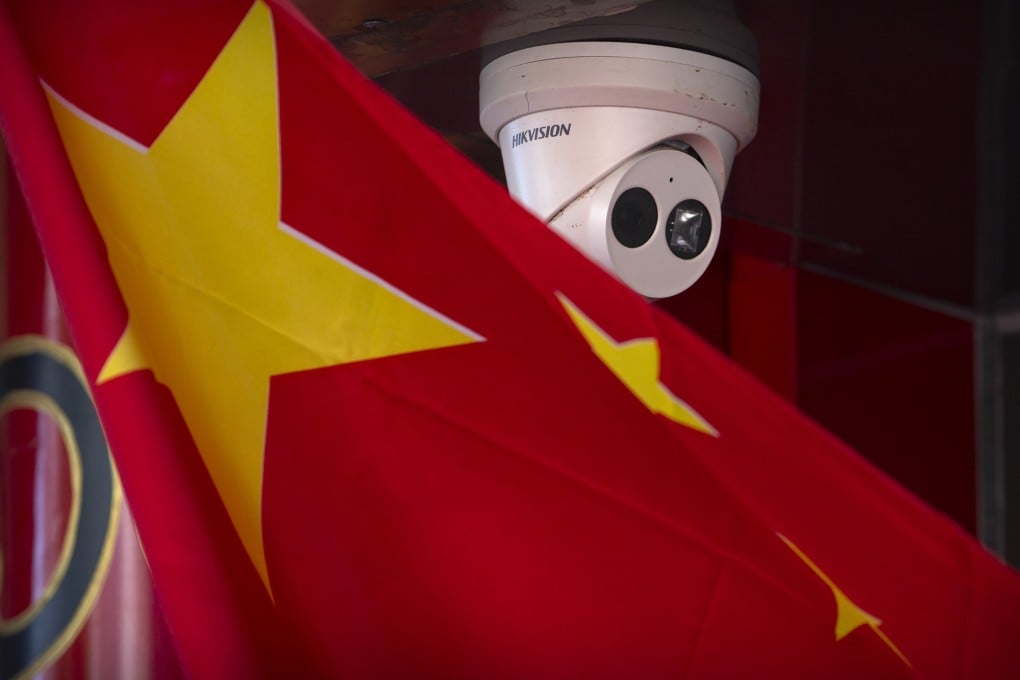US targets Chinese hi-tech and defence sectors in ‘deepening crackdown’
- Washington has added a dozen firms to its export blacklist in the latest move, which observers say could lead to a technology decoupling
- They include quantum computing and semiconductor companies and businesses that have contributed ‘to Pakistan’s unsafeguarded nuclear activities’

A dozen Chinese firms – including quantum computing and semiconductor companies and businesses that have contributed “to Pakistan’s unsafeguarded nuclear activities” – were placed on the trade blacklist, known as the entity list, on Wednesday, with the US government citing national security concerns.
“Global trade and commerce should support peace, prosperity and good-paying jobs, not national security risks,” US Secretary of Commerce Gina Raimondo said in a statement.

Eight technology entities based in China were added to the list, which the Commerce Department said aimed to prevent US emerging technologies from being used for Chinese quantum computing efforts that support military applications, such as counter-stealth and counter-submarine applications, and the ability to break encryption or develop unbreakable encryption.